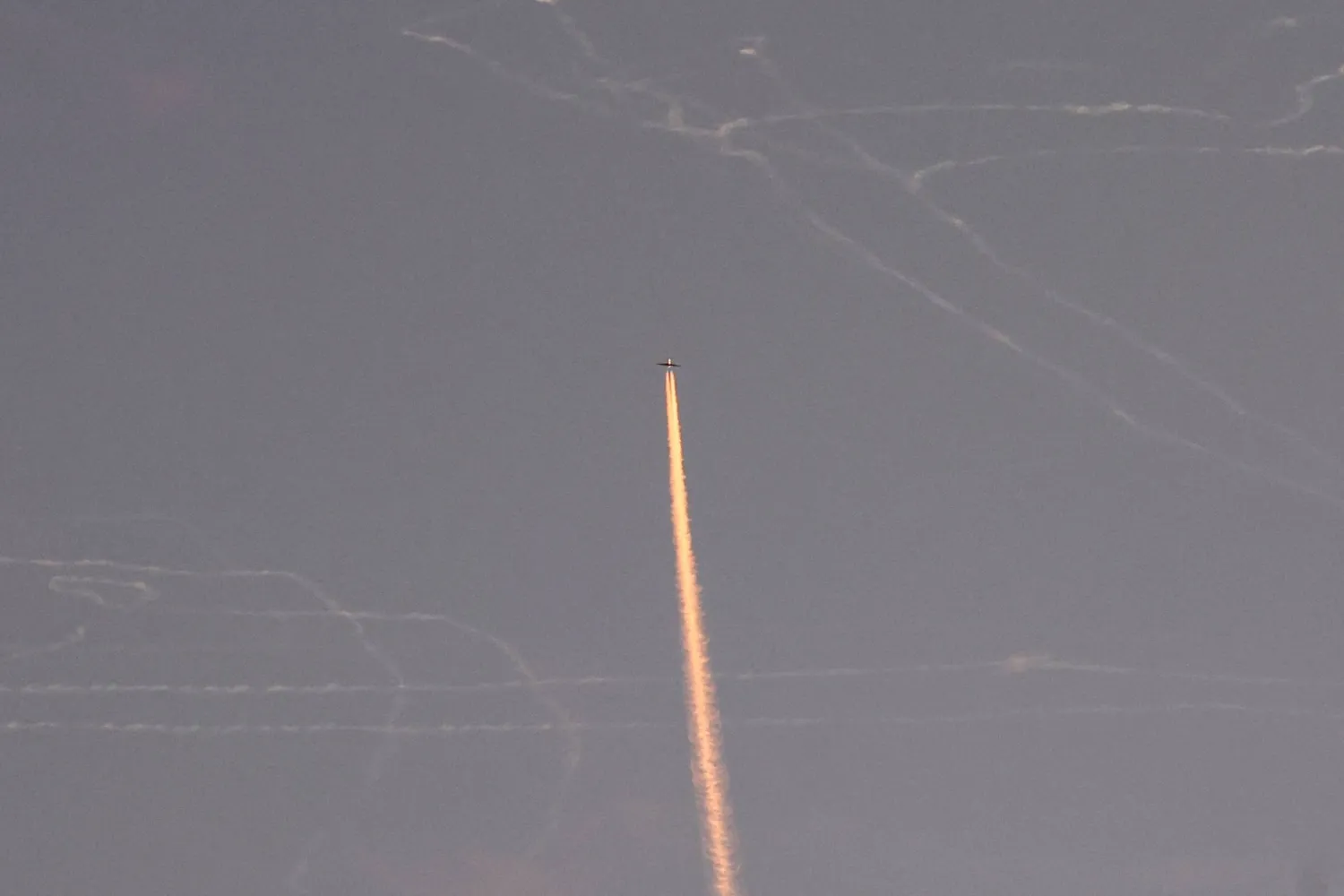Merchant shipping is continuing to pass through the Strait of Hormuz despite Israel's attacks on Iran on Friday, the multinational, US-led Combined Maritime Force said, although some shipowners were looking to avoid the region.
Iran has in the past threatened to close the critical Strait of Hormuz to traffic in retaliation for Western pressure. Any closure of the Strait could restrict trade and impact global oil prices.
"The Strait of Hormuz remains open and commercial traffic continues to flow uninterrupted," the Combined Maritime Force said in advisory, adding that events over the past day had increased the likelihood of regional conflict to "significant".
Greece and Britain have advised their merchant shipping fleets to avoid sailing through the Gulf of Aden and to log all voyages through the Strait of Hormuz following Israel's attacks on Iran, documents seen by Reuters showed.
"We have reports that more ship owners are now exercising extra caution and are opting to stay away from the Red Sea” and the Arabian Gulf, said Jakob Larsen, chief safety & security officer with shipping association BIMCO.
If the United States is perceived to be involved in any attacks, "the risk of escalation increases significantly", Larsen said. "Such an escalation could include missile attacks on ships or laying of sea mines in the Strait (of Hormuz)."
Israel said it had targeted nuclear facilities, ballistic missile factories and military commanders during the start of a prolonged operation to prevent Tehran from building an atomic weapon. Iran denies having any such plan.
"Hormuz is a critical waterway, without alternative, for tanker trades and any impediment or threat to free movement of shipping would have a significant effect upon the world’s economy," tanker shipping association INTERTANKO said.
Greek ship owners were urged to send details of their vessels sailing through the Strait of Hormuz to Greece’s maritime ministry, according to one of the documents issued by Greece's shipping association, which was sent on Friday. Greek owners control the world's biggest tanker fleet.
"Due to developments in the Middle East and the escalation of military actions in the wider region, the (Greek) Ministry of Shipping ... urgently calls on shipping companies to send ... the details of Greek-owned ships that are sailing in the maritime area of the Strait of Hormuz," the document said.
All UK-flagged vessels, which include the Gibraltar, Bermuda and Isle of Man 'red ensign' registries, were advised to avoid sailing through the southern Red Sea and the Gulf of Aden, a separate document issued by the UK's transport ministry said.
If sailing through those areas, vessels must adhere to their highest level of security measures and limit the number of crew on deck during voyages, said the advisory, seen by Reuters.
The European Union's naval mission in the Red Sea, Aspides, is continuing operations as normal but is monitoring developments in the region, an Aspides official told Reuters.









